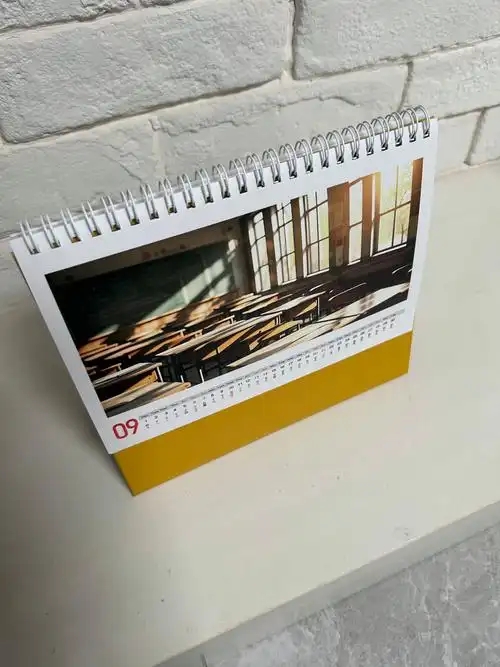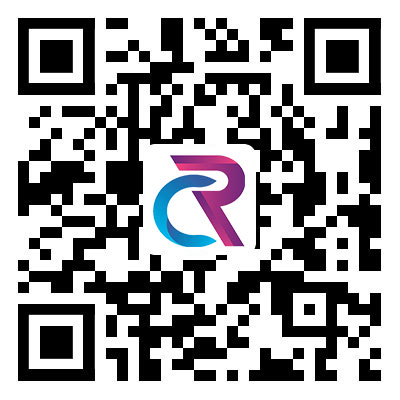 English
English Español
Español  Português
Português  русский
русский  Français
Français  日本語
日本語  Deutsch
Deutsch  tiếng Việt
tiếng Việt  Italiano
Italiano  Nederlands
Nederlands  ภาษาไทย
ภาษาไทย  Polski
Polski  한국어
한국어  Svenska
Svenska  magyar
magyar  Malay
Malay  বাংলা ভাষার
বাংলা ভাষার  Dansk
Dansk  Suomi
Suomi  हिन्दी
हिन्दी  Pilipino
Pilipino  Türkçe
Türkçe  Gaeilge
Gaeilge  العربية
العربية  Indonesia
Indonesia  Norsk
Norsk  تمل
تمل  český
český  ελληνικά
ελληνικά  український
український  Javanese
Javanese  فارسی
فارسی  தமிழ்
தமிழ்  తెలుగు
తెలుగు  नेपाली
नेपाली  Burmese
Burmese  български
български  ລາວ
ລາວ  Latine
Latine  Қазақша
Қазақша  Euskal
Euskal  Azərbaycan
Azərbaycan  Slovenský jazyk
Slovenský jazyk  Македонски
Македонски  Lietuvos
Lietuvos  Eesti Keel
Eesti Keel  Română
Română  Slovenski
Slovenski  मराठी
मराठी  Srpski језик
Srpski језик
Do you know what calendar printing is?
2025-06-25
1. Introduction
Calendar printing combines design, functionality and marketing strategies. Whether for personal use, corporate branding or promotional activities, calendars are a great choice that can be used to organize schedules and enhance brand visibility.

2. Printing Techniques
a. Offset Printing: A traditional method where ink is transferred from a plate to a rubber blanket and then to the paper.
Advantages:
Large-scale printing (for example, 1,000+ copies) can achieve high-quality and consistent results. However, due to the low unit cost, orders need to be in large quantities to be cost-effective.
Disadvantages:
Also,the high installation cost (boards, machinery) makes it unsuitable for small-batch production, which also leads to a longer production time.
b. Digital Printing: Uses toner or inkjet technology to print directly onto paper, eliminating the need for plates.
Advantages:
Suitable for short-term demands (e.g., 50-500 copies) or customized designs (e.g., variable data for personalized calendars).
The faster the turnover time is, the lower the design cost will be.
Disadvantages:
Compared with offset printing, the unit cost of large-scale printing is obviously higher. However, for very subtle details, the color accuracy is also slightly low.
c. Specialty Finishes
UV Coating: Adds a glossy, protective layer to enhance durability and visual appeal.
Embossing/Debossing: Create raised or recessed textures to provide a rich tactile experience.
Foil Stamping: Using metal or colored foil to package brand logos is attractive (such as company logos).
3. Timeliness in Calendar Printing
a. Seasonal Planning
Calendars are time-sensitive products; production must align with distribution timelines. So corporate calendars for the upcoming year are typically printed and distributed in Q3 (September–November) to ensure availability before January.
b. Lead Time Considerations
Design Phase: 2–4 weeks for concept development, revisions, and approvals.
Production:
Offset printing: 3–5 weeks (including setup and shipping).
Digital printing: 1–2 weeks (faster for urgent orders).
Shipping: Allow 1–2 weeks for domestic delivery; longer for international orders.
c. Last-Minute Printing
Digital printing may increase costs in order to quickly meet urgent demands, and at the same time, the options for special surface treatments may be limited.
4. Advantages of Calendar Printing
a. Brand Visibility
Calendars serve as year-round advertising tools, keeping brands top-of-mind for customers.
b. Functional Marketing
Combines practicality (date tracking) with promotional messaging, increasing engagement.
c. Customization Flexibility
Tailor designs to target audiences (e.g., corporate themes, seasonal imagery, or regional holidays).
d. Cost-Effective Promotion
Low per-unit cost for bulk orders, especially with offset printing.
5. Disadvantages of Calendar Printing
a. Obsolescence Risk
The calendar has a validity period of only one year and cannot be used for a long time.
b. Environmental Impact
If the paper is not recycled, it will cause waste. Environmentally friendly options (such as FSC-certified paper and soy-based ink) can alleviate this problem.
c. Storage and Distribution Challenges
Bulky calendars require storage space and shipping logistics, increasing costs for large orders.
d. Design Limitations
It is necessary to ensure the balance, aesthetics and readability of the calendar (for example, to ensure that the date grid is clearly visible).
7. Conclusion and tips
Calendar printing has become a multi-functional marketing tool by carefully planning costs and timeliness to meet creativity. By choosing the appropriate printing technology (offset printing for mass production and digital printing for customization), formulating production plans and keeping a close eye on them, enterprises are sure to create calendars that are both attractive and can maximize the return on investment.If you have any customization or ordering needs, you can contact us.
-
E-mail
-
Call Us
-
Address
4th Building, Xinxia Road 23, Pinghu, Longgang District, Shenzhen, China
Get started with a FREE consultation
At RichColor Printing, we will guide you through the entirety of the printing process from PDF making to a successful book out. Let us help bring your vision to life.




